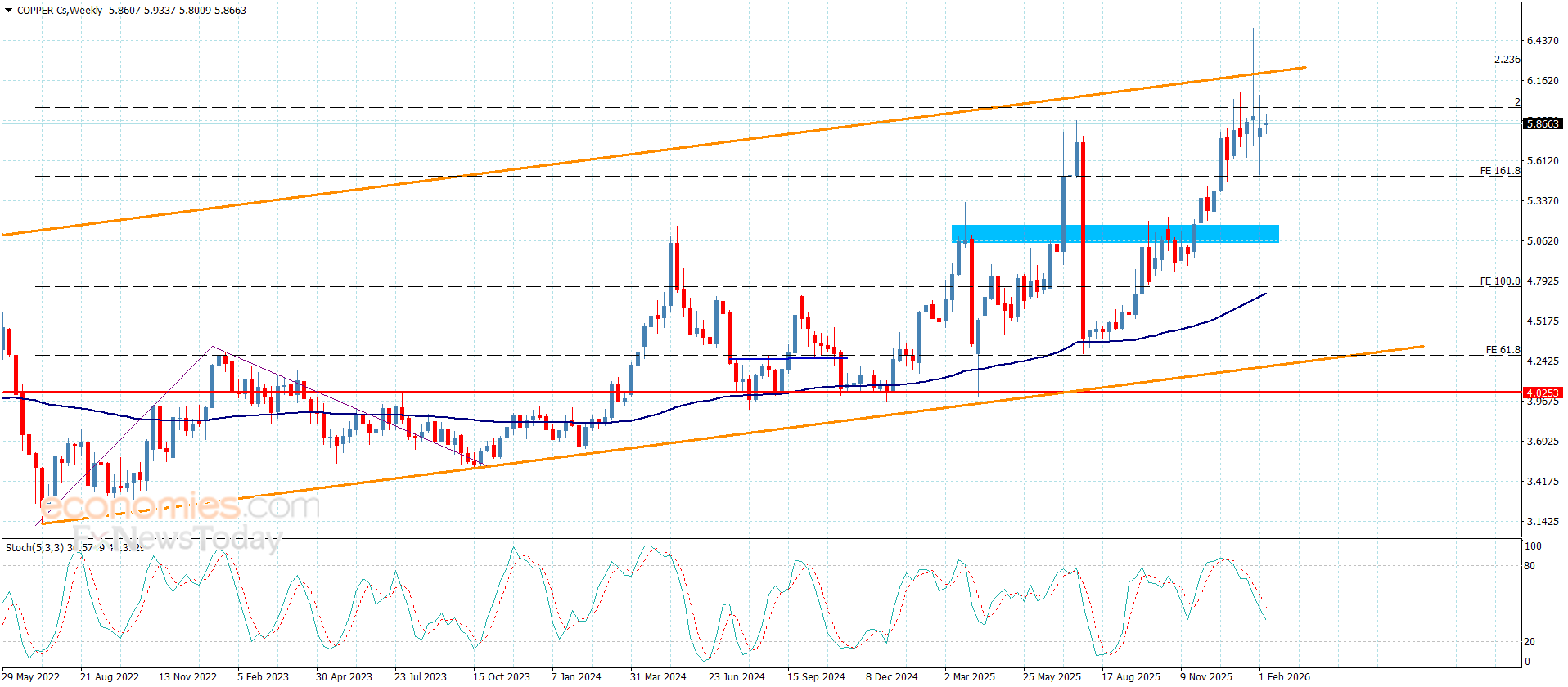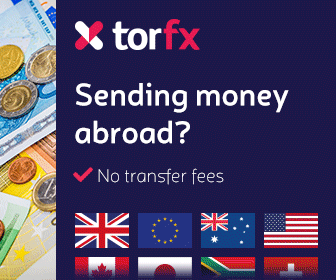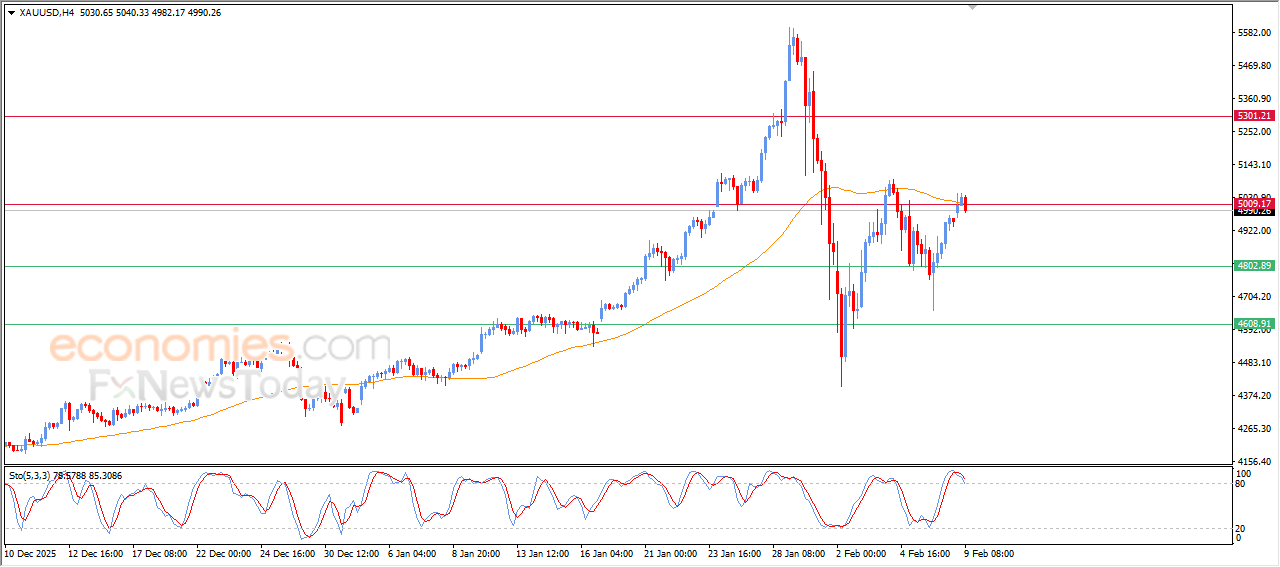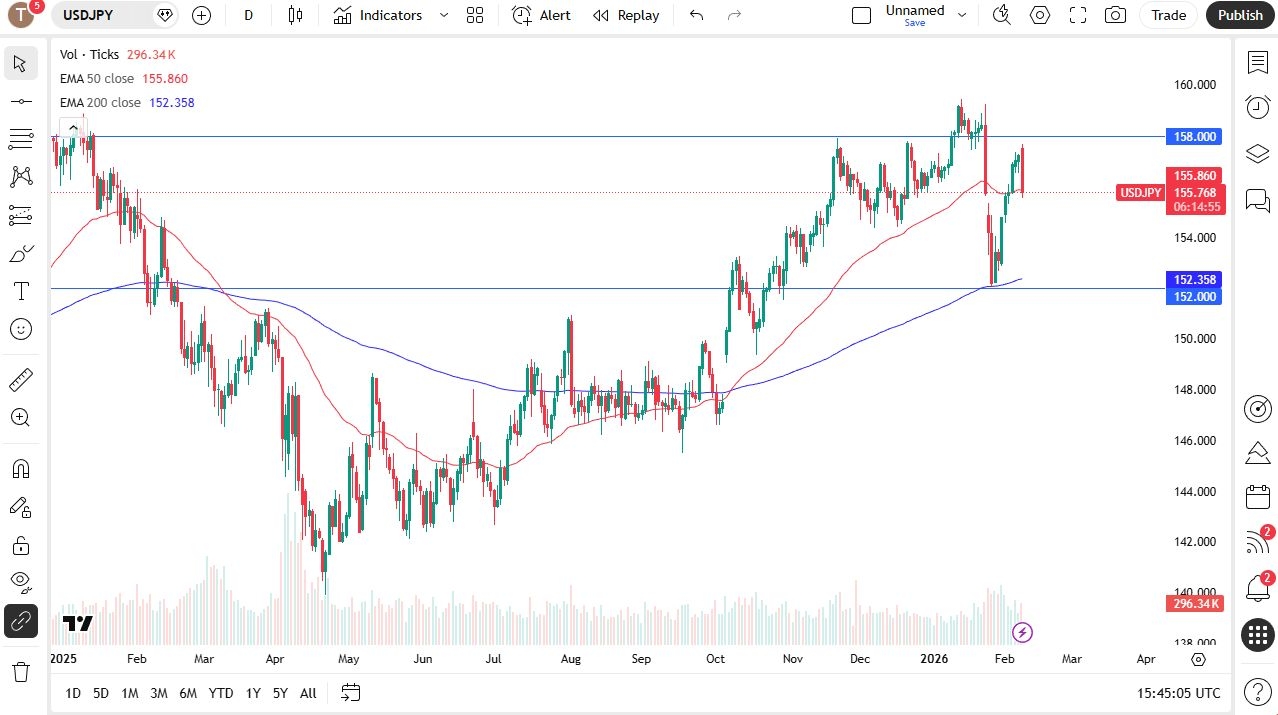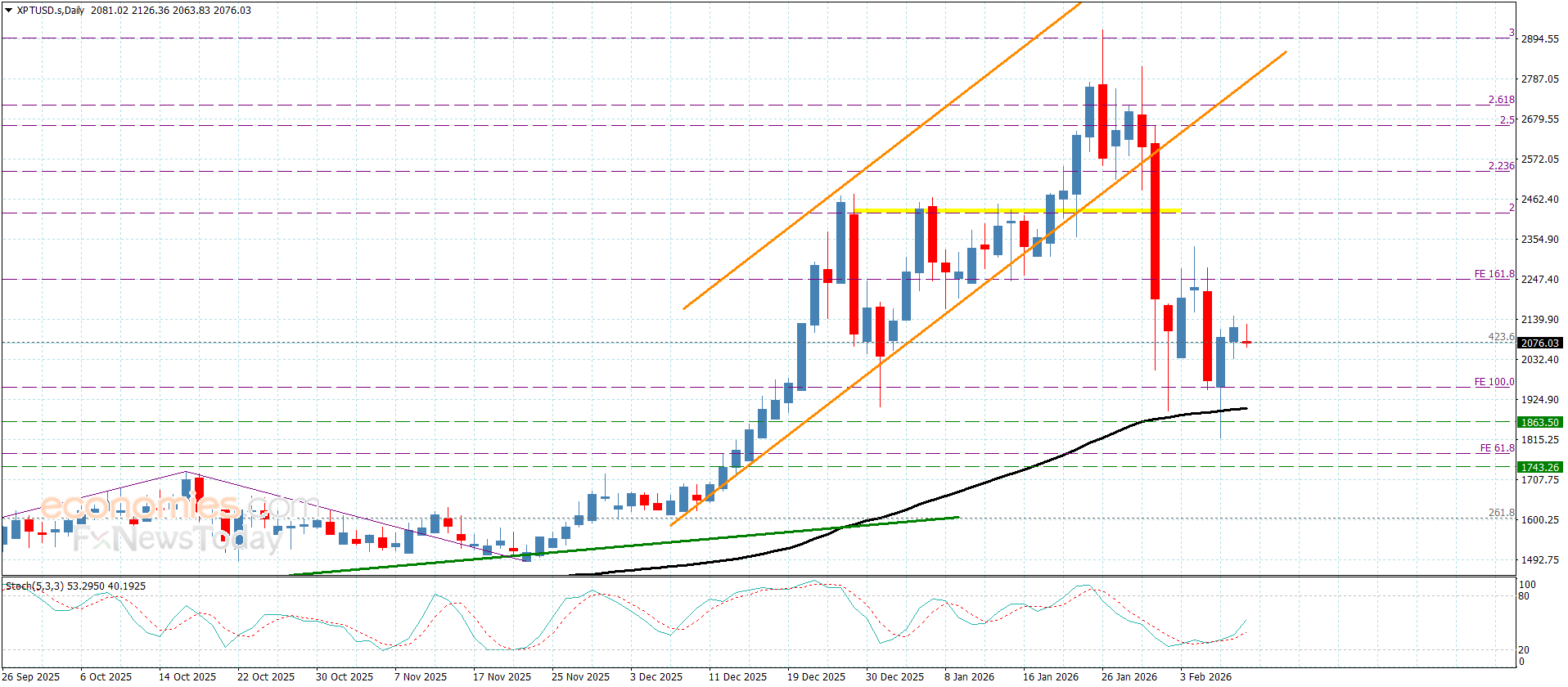Türkiye Drives Web3 Growth as DeFi Surpasses $80 Billion in Assets
Web3 represents a transformative shift in how users interact with the internet, particularly through decentralized technologies like blockchain. Unlike earlier internet models, where centralized platforms controlled user data and financial transactions, Web3 empers users with control over their own digital identities and assets. This transition from Web2—where big tech firms dominate—to a decentralized, open internet is being actively explored in Türkiye and other regions, with growing interest among developers, investors, and regulators.
The technology underpinning Web3 is the blockchain—a shared, tamper-proof ledger of transactions that runs across a distributed network of computers. Users interact with this system through crypto wallets, such as MetaMask, and automated contracts known as smart contracts. These contracts execute predefined actions without the need for intermediaries. For instance, a smart contract can automatically transfer a digital asset upon receipt of payment. According to ConsenSys, over 30 million users engaged with Web3 applications in 2023, and the trend shows no sign of slowing down[1].
One of the most significant developments in Web3 is the emergence of decentralized finance (DeFi). Through DeFi, individuals can lend, borrow, and trade assets without relying on traditional banking systems. These services are powered entirely by smart contracts, which handle financial operations transparently and securely. DeFiLlama reports that DeFi applications currently hold over $80 billion in crypto assets[2]. Analysts monitor key metrics like total value locked (TVL), transaction costs, and code security to assess the reliability and growth of these platforms.
Türkiye, in particular, has become a notable player in the Web3 landscape. The country ranks among the fastest-growing crypto markets, driven by high youth participation and a response to macroeconomic challenges like inflation. Local artists are leveraging NFTs to monetize their work, while entrepreneurs and developers are creating Web3-based tools tailored to Turkish audiences. Educational institutions are also adapting, with some offering blockchain-related courses. Meanwhile, regulators in Türkiye are working to establish a legal framework aligned with international standards, including those set by FATF and the EU.
For developers, the Web3 ecosystem requires a solid understanding of smart contract programming, primarily using languages like Solidity. Security is a critical concern, as vulnerabilities in code can lead to significant financial losses. Firms like CertiK and Hacken specialize in auditing smart contracts to identify and fix weaknesses before deployment. Tools from OpenZeppelin provide standardized, battle-tested components to help developers build robust applications. Most projects are built on Ethereum or EVM-compatible chains, although newer blockchains like Aptos and Sui offer faster processing speeds and additional features.
A strong community is essential to the success of any Web3 project. Blockchains that engage users through regular updates, grants, and open discussions tend to grow more rapidly. For example, the Solana network has demonstrated resilience by maintaining an active and supportive community, even after experiencing technical setbacks. Solana also distinguishes itself with high transaction throughput—reaching up to 65,000 transactions per second—making it an attractive option for developers building scalable applications[3].
Despite its potential, Web3 is not without risks. Token values can fluctuate wildly, and poorly designed smart contracts can be exploited by malicious actors. Additionally, regulatory frameworks are still catching up with the pace of technological development, requiring users to stay informed about compliance requirements related to identity verification, taxation, and trading.
In summary, Web3 is reshaping the digital economy by decentralizing control and enabling new forms of interaction, finance, and governance. Its growth in Türkiye reflects a broader global trend as developers, users, and regulators work to define the future of the internet. Whether it succeeds depends not only on technological innovation but also on the collective effort of all stakeholders to build a secure, inclusive, and sustainable system.
Sources: [1] ConsenSys [2] DeFiLlama [3] Solana block explorer
Source link
Written by : Editorial team of BIPNs
Main team of content of bipns.com. Any type of content should be approved by us.
Share this article:



